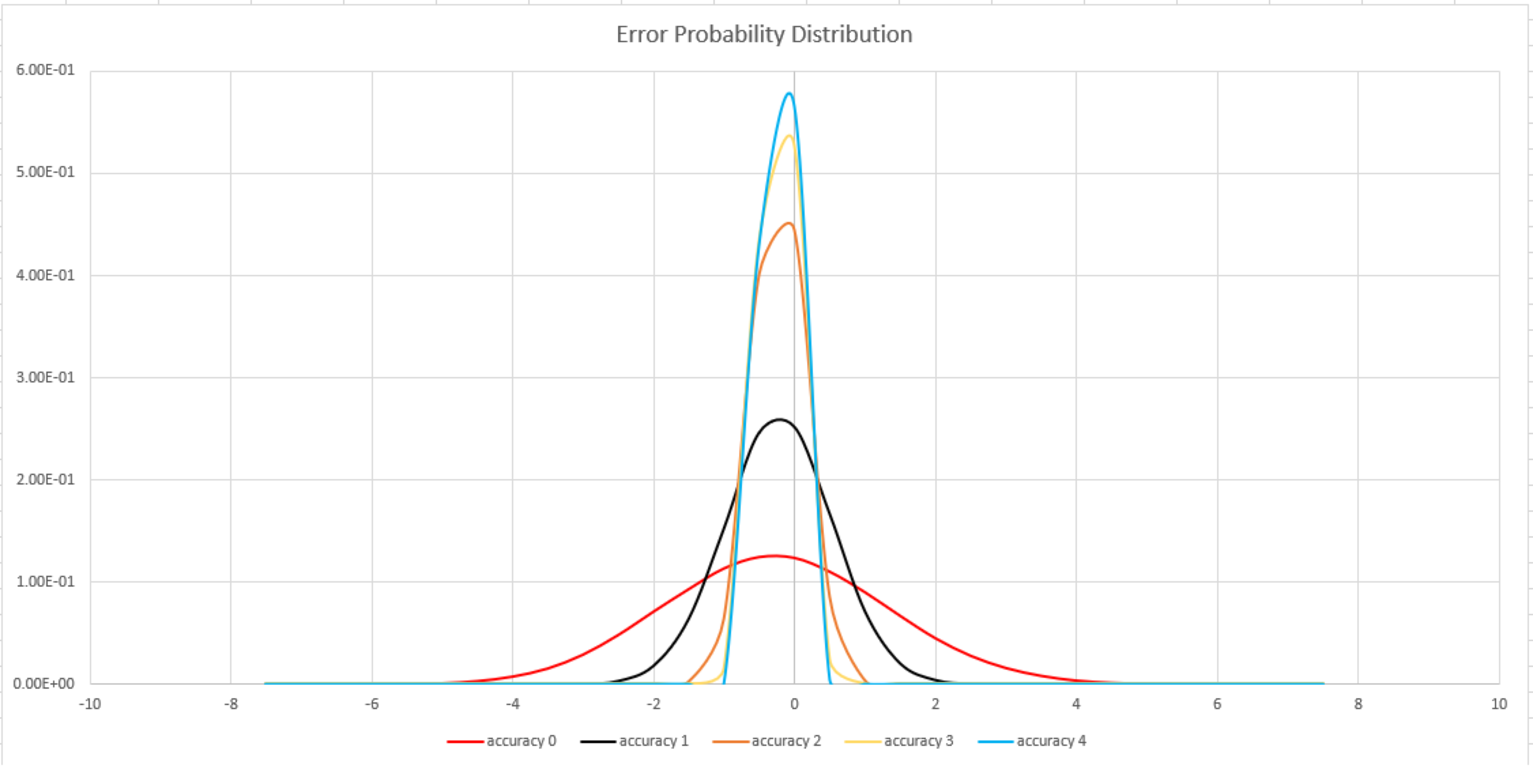dcount
The dcount aggregation function calculates an estimate of the number of distinct values that are taken by an expression in the summary group.
Use this function with the summarize, eventstats, and timestats operators.
The
dcount()aggregation function is primarily useful for estimating the cardinality of huge sets. It trades performance for accuracy, and might return a result that varies between executions. The order of inputs might have an effect on its output.
Syntax
`dcount( Expression[, Accuracy] )`
Arguments
- Expression: A scalar expression whose distinct values are to be counted. Wildcards are not supported for field names.
- Accuracy: Optional. An integer that defines the requested estimation accuracy. If unspecified, the default value is
1.
Results
Returns an estimate of the number of distinct values of Expression in the group.
Example
This example summarizes the estimated cardinality of destination ports by destination address:
dataset="cribl_search_sample"
| summarize distinctCountPorts=dcount(dstport) by dstaddrEstimation Accuracy
This function uses a variant of the HyperLogLog (HLL) algorithm, which does a stochastic estimation of set cardinality. The algorithm provides a knob that can be used to balance accuracy and execution time per memory size:
| Accuracy | Error (%) | Entry count |
|---|---|---|
| 0 | 1.6 | 212 |
| 1 | 0.8 | 214 |
| 2 | 0.4 | 216 |
| 3 | 0.28 | 217 |
| 4 | 0.2 | 218 |
The Entry count column is the number of 1-byte counters in the HLL implementation.
The algorithm includes some provisions for doing a perfect count (zero error), if the set cardinality is small enough:
- When the accuracy level is
1- 1,000 values are returned - When the accuracy level is
2- 8,000 values are returned
The error bound is probabilistic, not a theoretical bound. The value is the standard deviation of error distribution (the sigma), and 99.7% of the estimations will have a relative error of under 3 x sigma.
The following image shows the probability distribution function of the relative estimation error, in percentages, for all supported accuracy settings:






